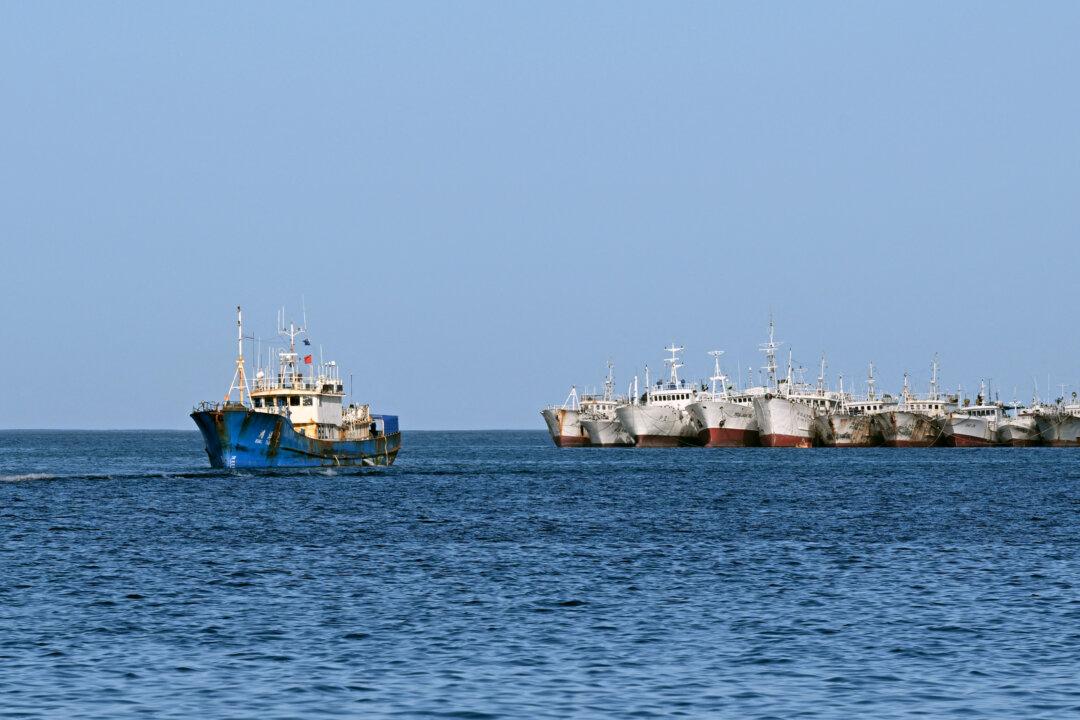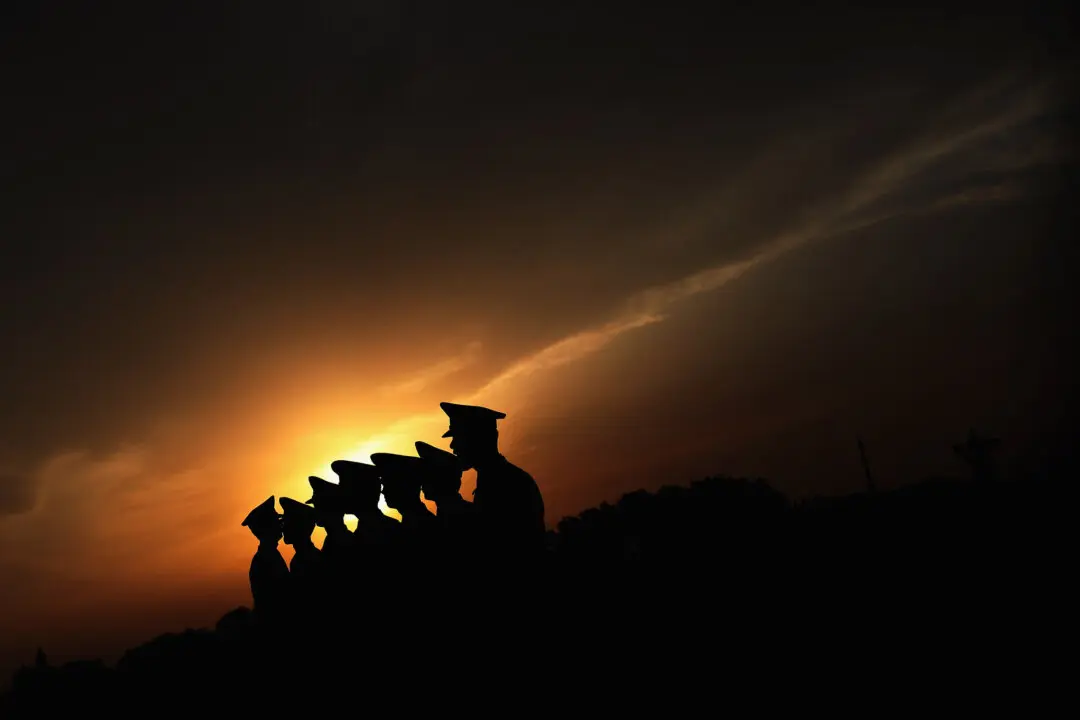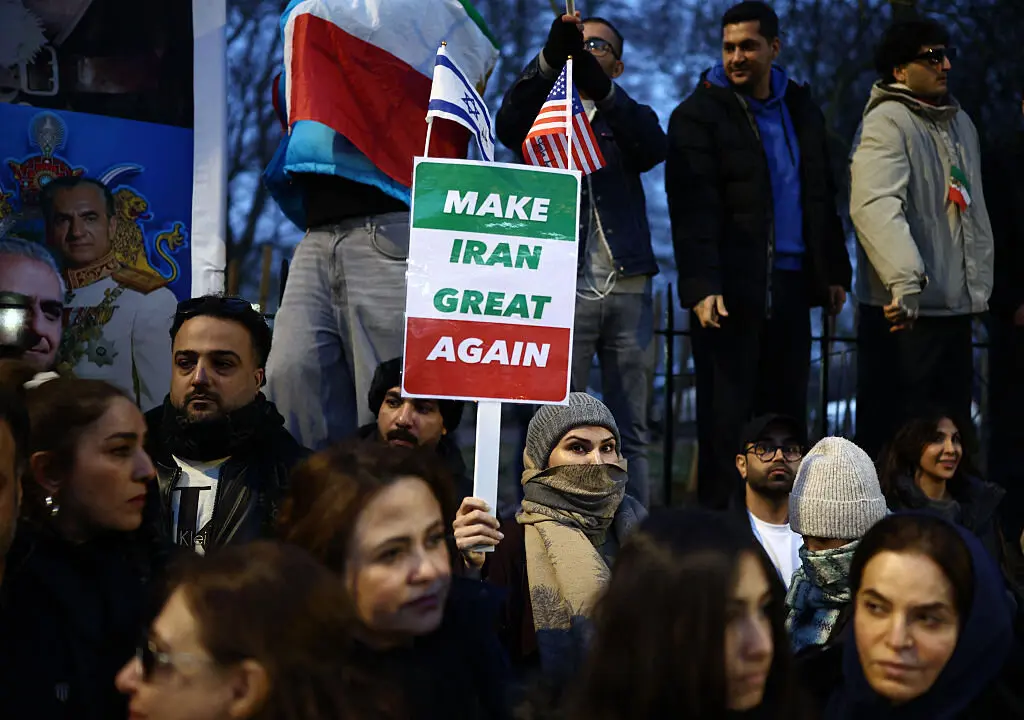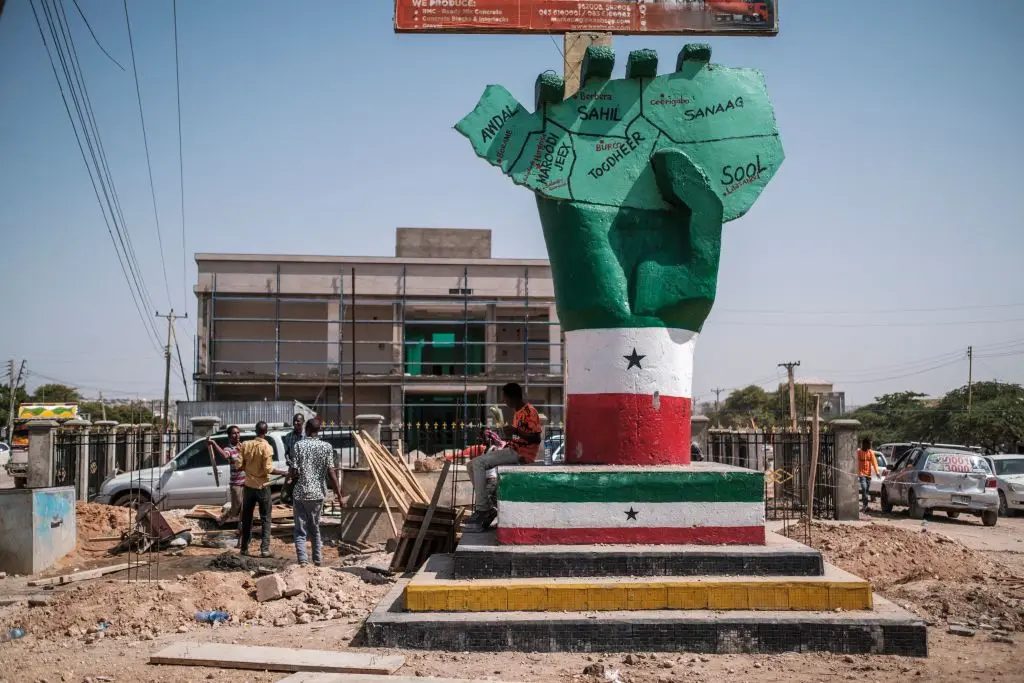Commentary
The battle to dominate the future strategic architecture of the world is being played out, most visibly, in the Indo–Pacific, where the obvious competition is between communist China and the United States. But that, and the rise of India, is far less surprising than the emergence of a new and potentially influential bloc in Oceania: the Southwest Pacific.





